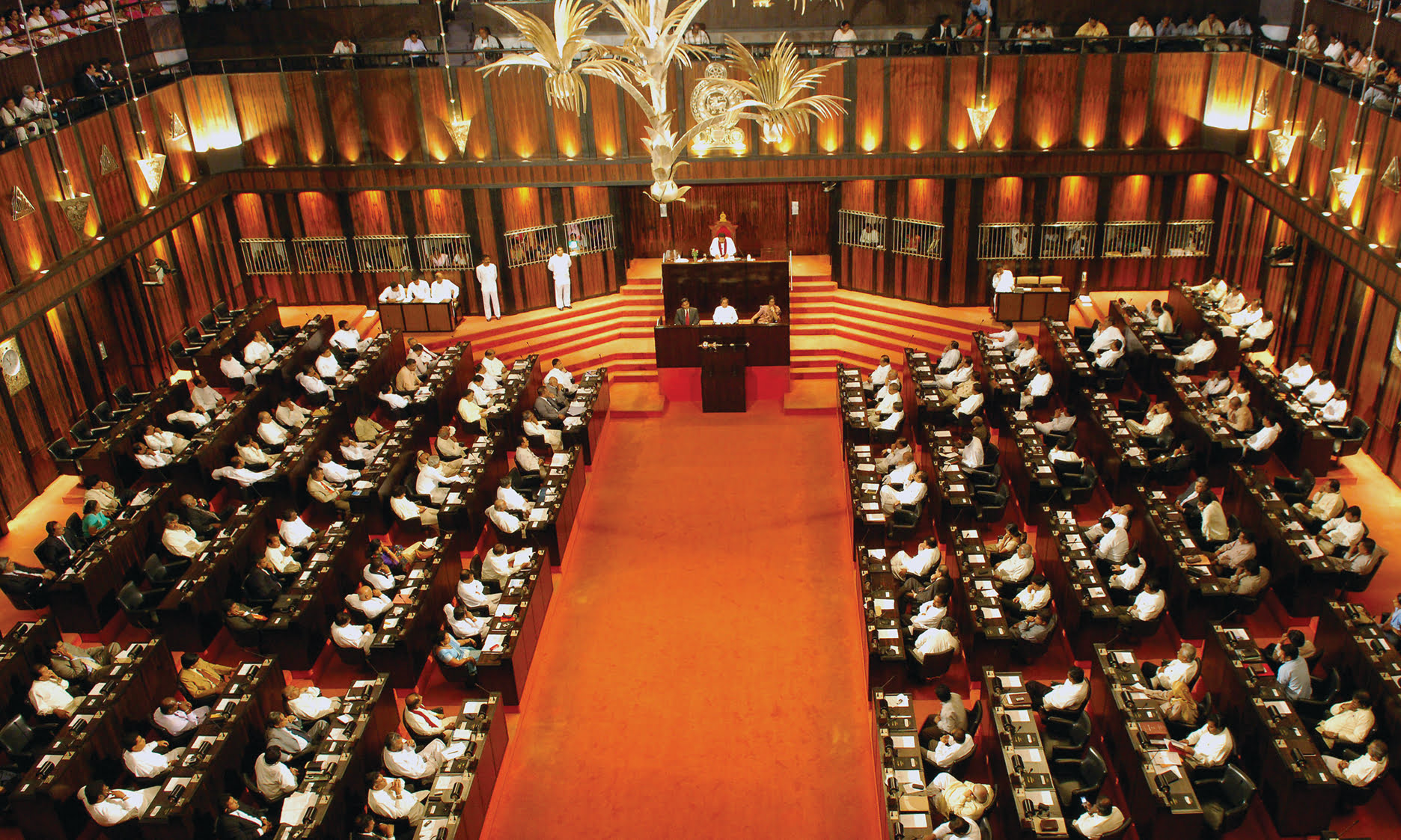Colombo: Minorities, youth and new alliances ahead of parliamentary elections
After the choice of anti-system President Dissanayake, the country's political and ruling class is looking ahead to the snap elections on 14 November. The role of the smaller forces that together make up 25% of the electorate will be decisive. In the background the international dynamics and the framework of relations with China and India (and the West).
Colombo (AsiaNews) - Having archived the election of the president with the rise of the leftist and anti-system candidate Anura Kumara Dissanayake, now the political landscape in Sri Lanka is turning to the parliamentary vote scheduled for 14 November, in which the 225 representatives of the Assembly will be elected.
The 16th Parliament was officially dissolved on 24 September, ahead of its natural expiry date of August 2025. In these weeks of frenetic eve, new alliances are being studied - as well as rifts between once close factions - ahead of a major electoral round.
Interviewed by AsiaNews, political analysts Kanishka Gamage and Rajni Samarasinghe point out that ‘the parliamentary elections are taking place at a critical time in the nation's political and economic history, after the widespread protests of 2022. In a country like Sri Lanka, in default and unable to repay its debt, most political parties are actively seeking alliances to maximise their electoral opportunities'. The aim, they continue, is to forge ‘alliances with smaller parties, particularly minority parties, which are significant as they constitute about 25 per cent of the electorate’.
‘The Tamil political parties, the Muslim Congress and the All Ceylon Muslim Congress, have also been decisive,’ they warn, ’in past presidential and parliamentary elections. The National People's Power (NPP), led by President Anura Kumara Dissanayaka, in contrast, is unlikely to have significant support from minority communities, as it has not historically cultivated deep relations with these communities. Although the Sri Lanka Freedom Party (Slfp) is a smaller party (with 13 MPs in the previous parliament), it retains the ability to mobilise votes through its traditional grassroots mechanisms,' Kanishka and Rajni point out.
At the same time, the United National Party (UNP), led by former president Ranil Wickremasinghe, and the Samagi Jana Balawegaya (SJB), led by former opposition leader Sajith Premadasa, are in talks to merge and contest as one group.
Meanwhile, the Sri Lankan Podujana Peramuna (Slpp) is strengthening the party by appointing new members, particularly from the youth and professionals as organisers of the electorate. Even if their main goal is not to win elections and send members to Parliament, their main aim so far remains to strengthen the party.
This choice seems to be garnering support, so much so that some politicians who left the party to support other candidates are trying to return, but are meeting resistance from those who have remained loyal to the party.
According to the general secretary of the Sri Lanka Freedom Party (Slfp), Dayasiri Jayasekara, who leads the faction that supported presidential candidate Sajith Premadsa, ‘we will participate in the parliamentary elections as Samgi Jana Sandanaya, (a new alliance). The party, he warns, will ‘resolve internal legal issues and problems after the elections’.
Political science professors Malinda Semasinghe and Sampath Tennakoon say that ‘the outcome of the elections could also significantly influence the nation's geopolitical dynamics: in particular,’ they warn, ‘relations with regional powers such as India, major Western powers and China’. According to common opinion, the NPP party is considered to be ‘closer’ to India and the Western powers, while an eventual majority - and a government - with NPP traction would end up building closer ties with China.
15/11/2019 18:11







.png)










